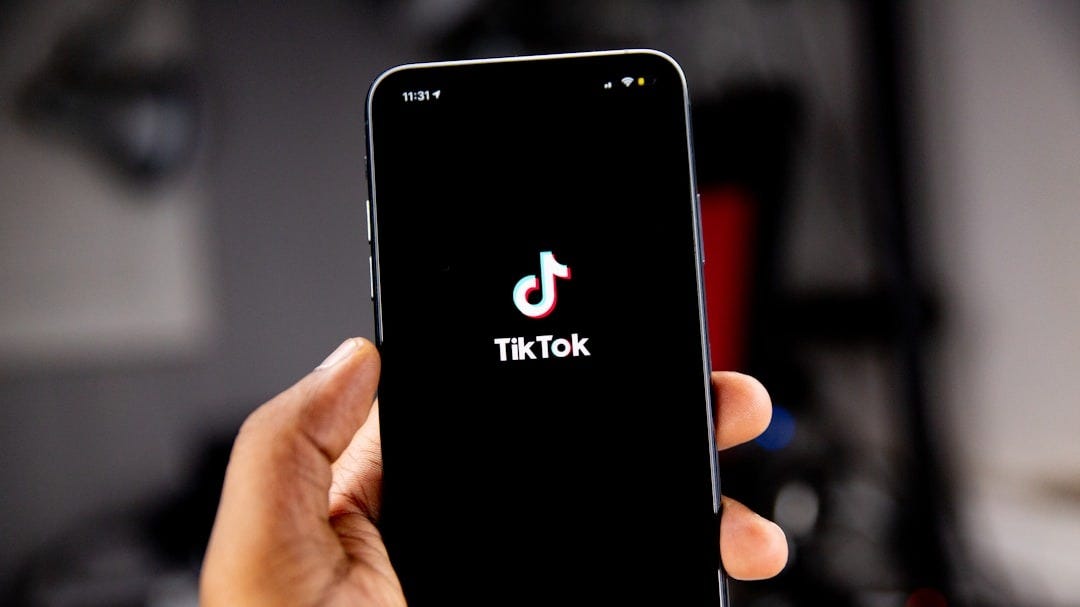U.S. House Passes Bill To Ban TikTok
The US House Passes Bill to Ban TikTok – What's Next?
As an investor it's important to stay updated with major news. Get real-time stock market alerts, news, and research by creating an account here.
On March 13, 2024, the U.S. House of Representatives passed a bill that could potentially ban the popular social media app, TikTok. The bill, which cites national security concerns due to the app’s ties to China, now awaits consideration in the Senate.
The legislation was passed with bipartisan support, including backing from House Speaker Mike Johnson and former Speaker Nancy Pelosi. If enacted into law, it would require Chinese firm ByteDance to divest TikTok and other applications it owns within six months.
This move by the House has generated a mix of reactions among lawmakers, technology experts, and the public. Some see it as a necessary step to safeguard national security, while others view it as an overreach that could stifle innovation and free speech.
If the bill gets Senate approval and is signed into law by President Biden, who has pledged his support, it would prohibit federal employees from downloading or using TikTok on government-issued devices. This could have far-reaching implications for TikTok's user base, which includes a significant number of young people and influencers who rely on the platform for income and engagement.
It's worth noting that this isn't the first time TikTok has faced scrutiny from U.S. lawmakers. In 2020, then-President Donald Trump attempted to ban the app but was blocked by court rulings.
While it remains uncertain how the Senate will vote, the passage of this bill in the House signifies a significant shift in the U.S. government's approach to regulating social media platforms, particularly those owned by foreign entities.
As the situation develops, it's essential for TikTok users and other interested parties to stay informed and understand the potential implications of this legislation. The outcome could set a precedent for how the U.S. government addresses national security concerns related to technology and data privacy in the future.
The potential ban of TikTok in the United States could have significant economic implications, given the platform's vast influence on business and the creator economy.
According to TikTok, over 5 million American businesses are active on the platform, using it as a tool for advertising, brand visibility, and customer acquisition. A ban could significantly hinder these efforts, potentially impacting revenues and growth of these businesses.
Moreover, TikTok has become a cornerstone of the creator economy, a sector valued at over $100 billion. Influencers, content creators, and small businesses rely heavily on the platform for income and engagement. A ban could be devastating for these individuals and entities, stripping them of a major source of revenue and audience reach.
Furthermore, the ban could also impact the profits of major U.S. tech companies. If TikTok were to be banned, users might migrate to other social media platforms, potentially boosting the profits of these companies. However, this could also lead to increased scrutiny and regulation of these platforms.
In summary, a ban on TikTok could have a wide range of economic impacts, from affecting small businesses and the creator economy to potentially reshaping the broader tech industry. It is crucial for all stakeholders to stay informed and prepare for any possible outcomes.
Banning TikTok in the U.S. has been a topic of intense debate with several pros and cons associated with it.

Pros of Banning TikTok:
Data Privacy and National Security: The primary argument for banning TikTok is data privacy and national security. Critics argue that TikTok, owned by Chinese company ByteDance, poses a risk because it could share American users' data with the Chinese government.
Intellectual Property Protection: TikTok has been criticized for allowing users to upload content without proper attribution or compensation. A ban could force changes in how social media platforms handle intellectual property rights.
Reducing Screen Time: Some believe that banning TikTok could lead to reduced screen time, particularly among younger users, potentially leading to healthier habits and more sociable behaviors.
Cons of Banning TikTok:
Freedom of Expression: Critics argue that banning TikTok would infringe on freedom of expression, a fundamental right. The platform provides a space for creativity and self-expression, particularly for young people.
Economic Impact: As mentioned earlier, a TikTok ban could negatively impact the U.S. economy. Millions of businesses use the platform for advertising and customer acquisition, and many influencers rely on it for income.
Precedent for Future Bans: A ban on TikTok could set a precedent for future bans on other foreign-owned apps, potentially leading to increased governmental control over the internet.
While there are valid arguments on both sides, the decision to ban TikTok involves balancing considerations of national security and data privacy with freedom of expression, economic impacts, and the potential precedent set by such an action.
Please note that this article is based on the information available at the time of writing. The situation may change as new information becomes available.
Sources:


